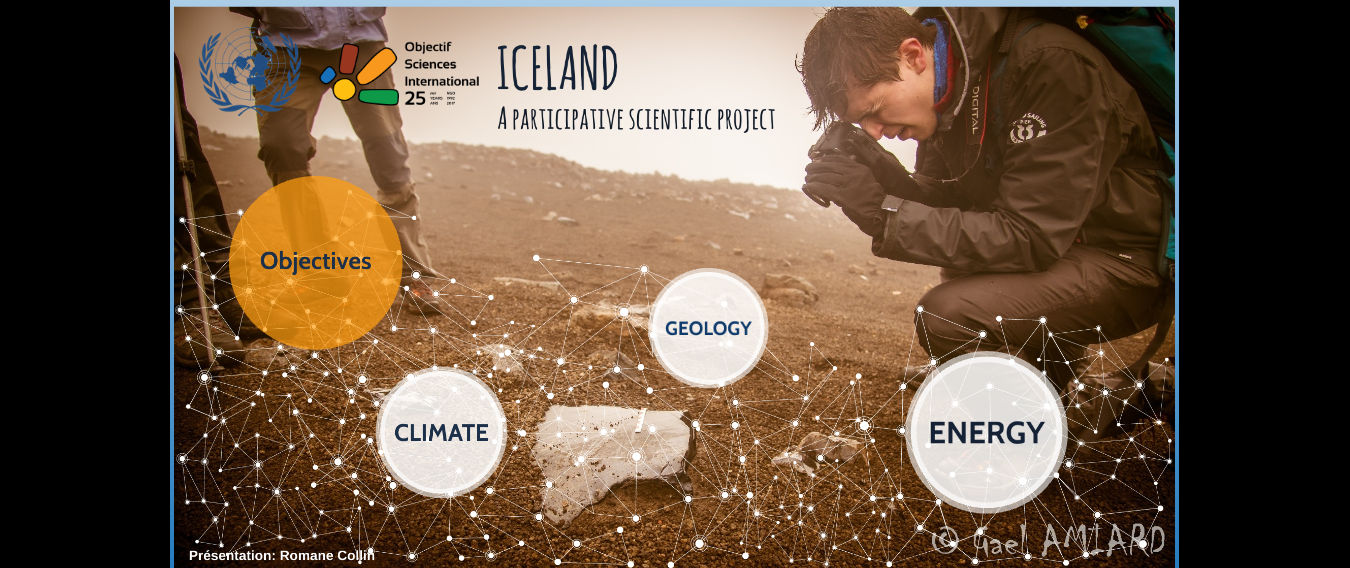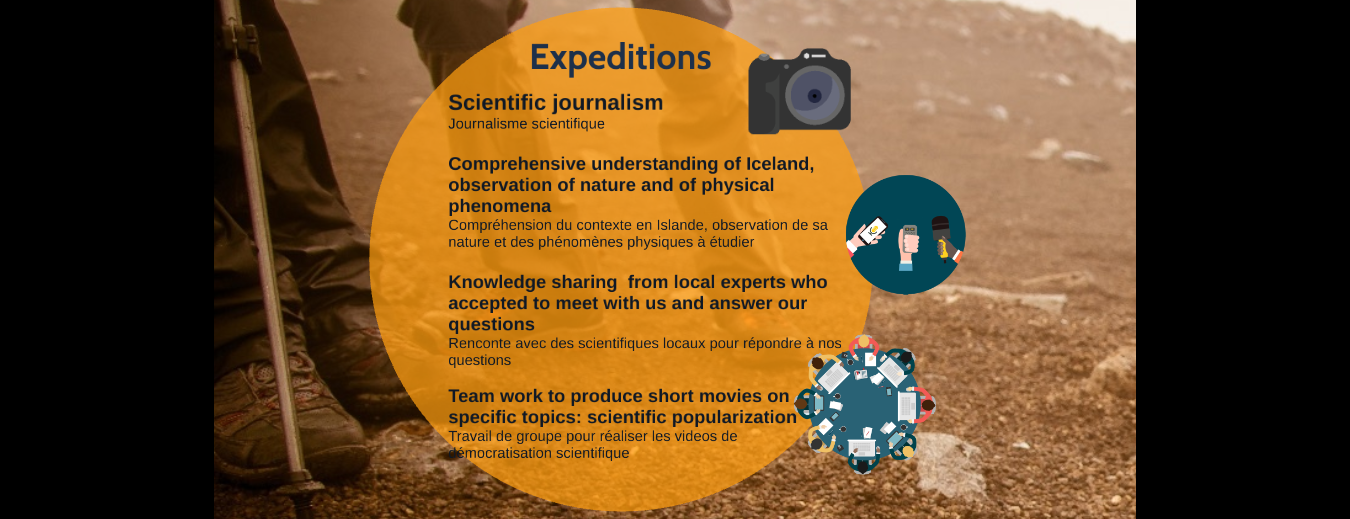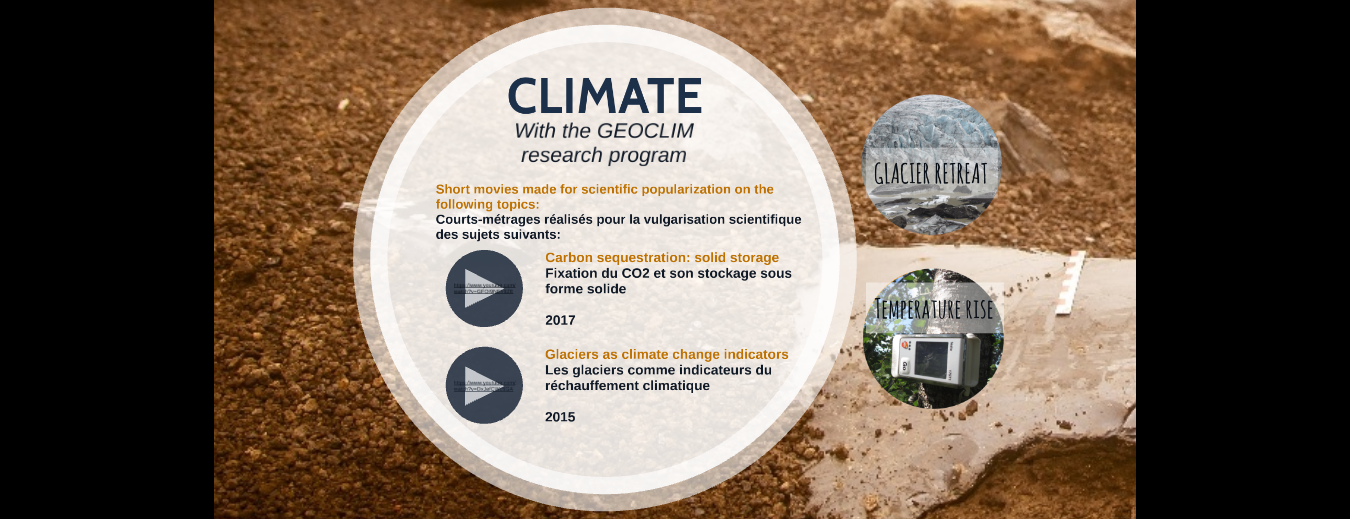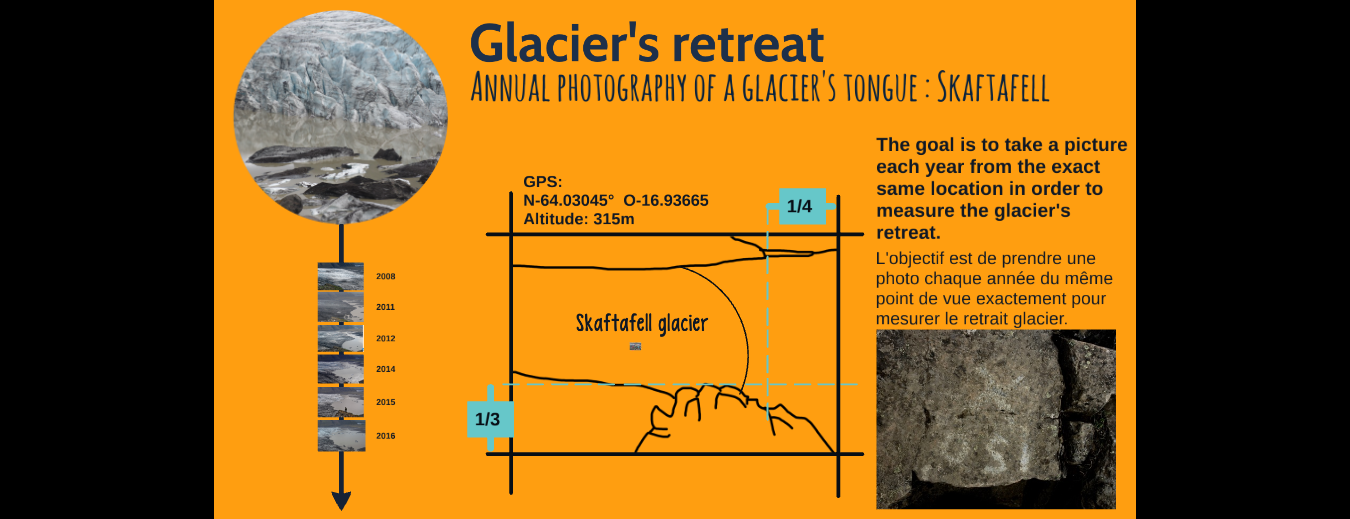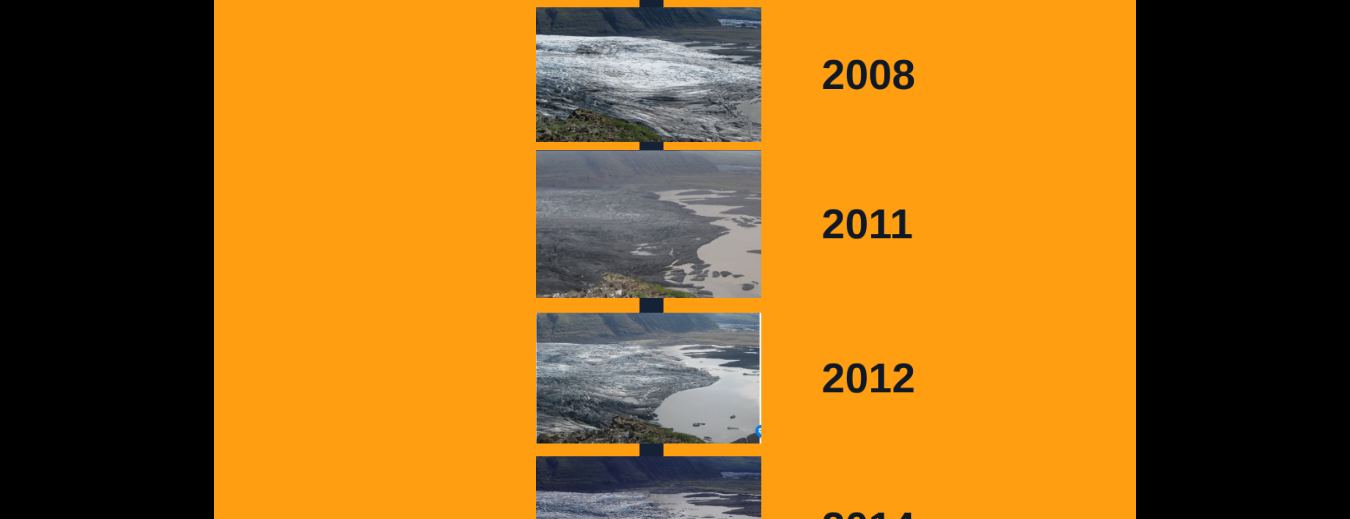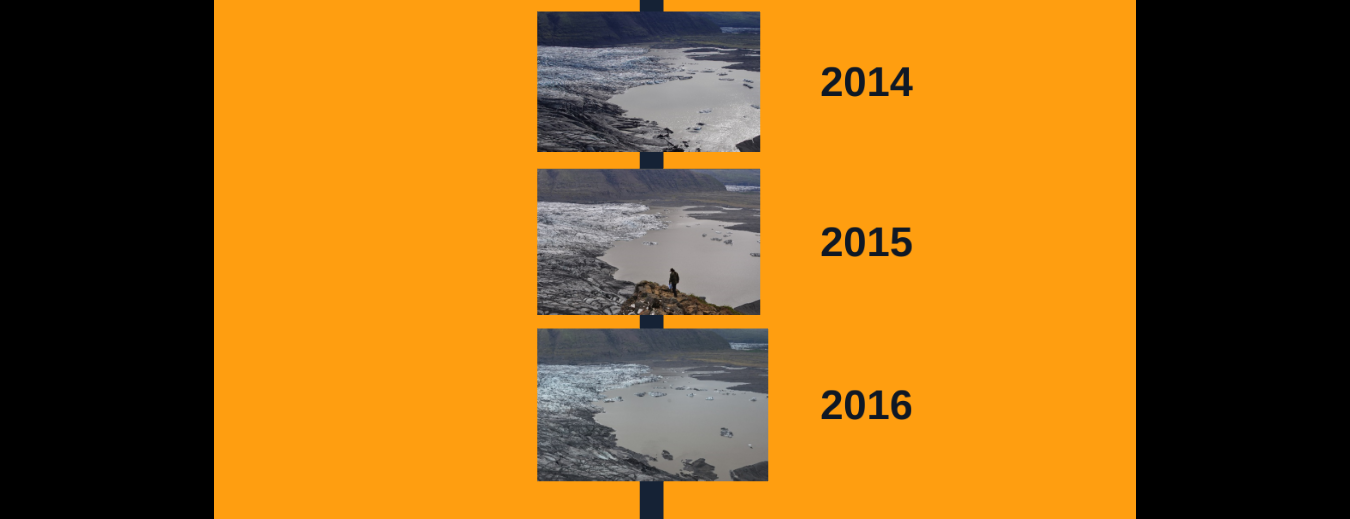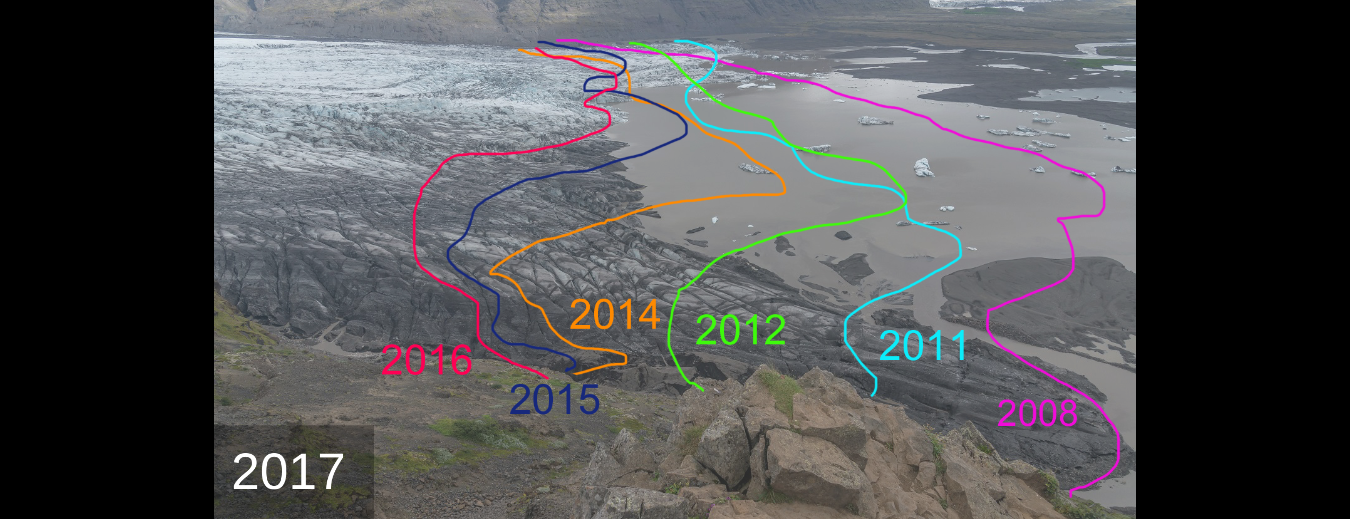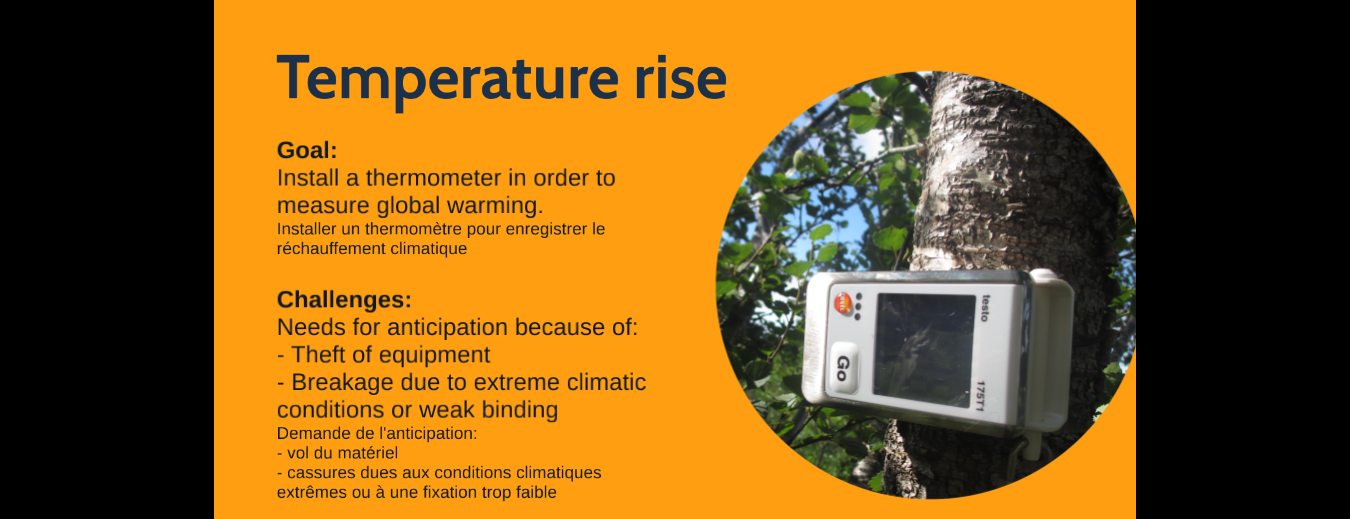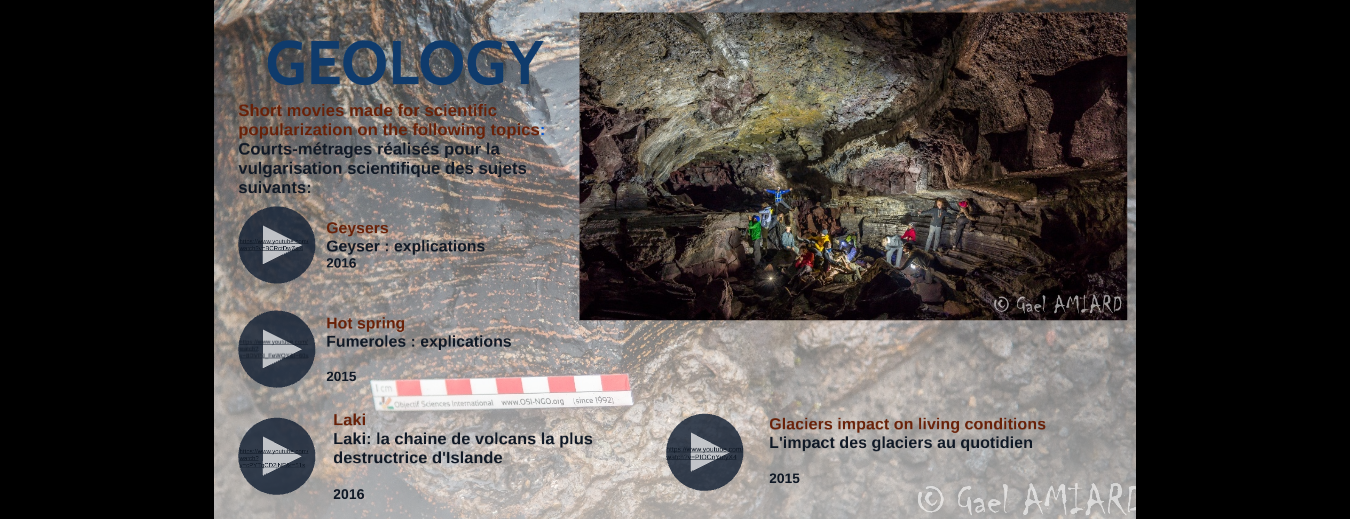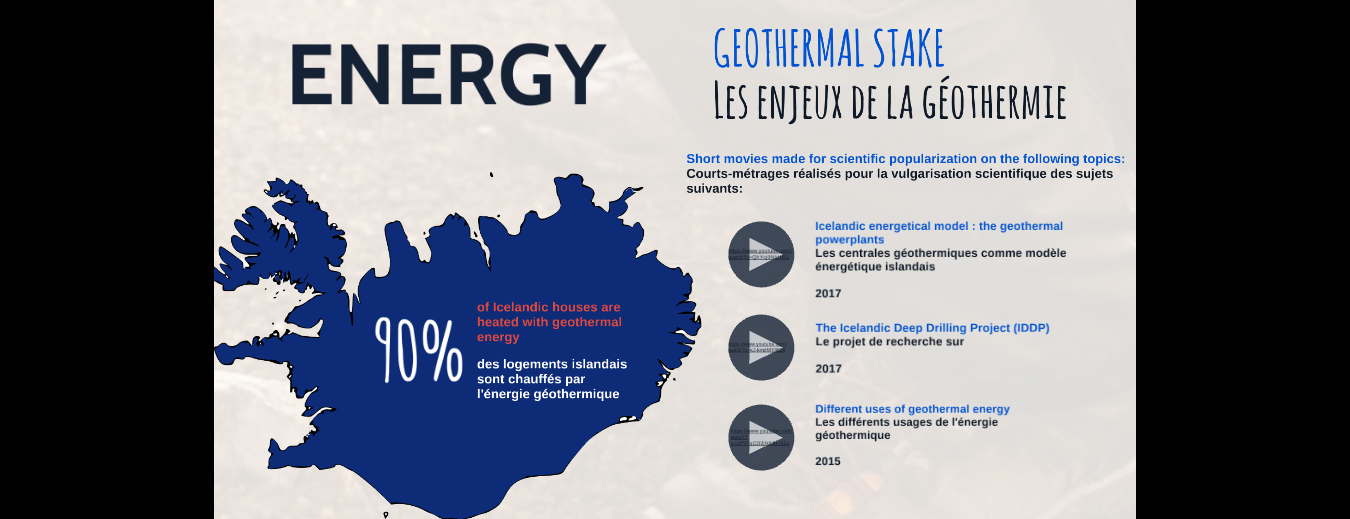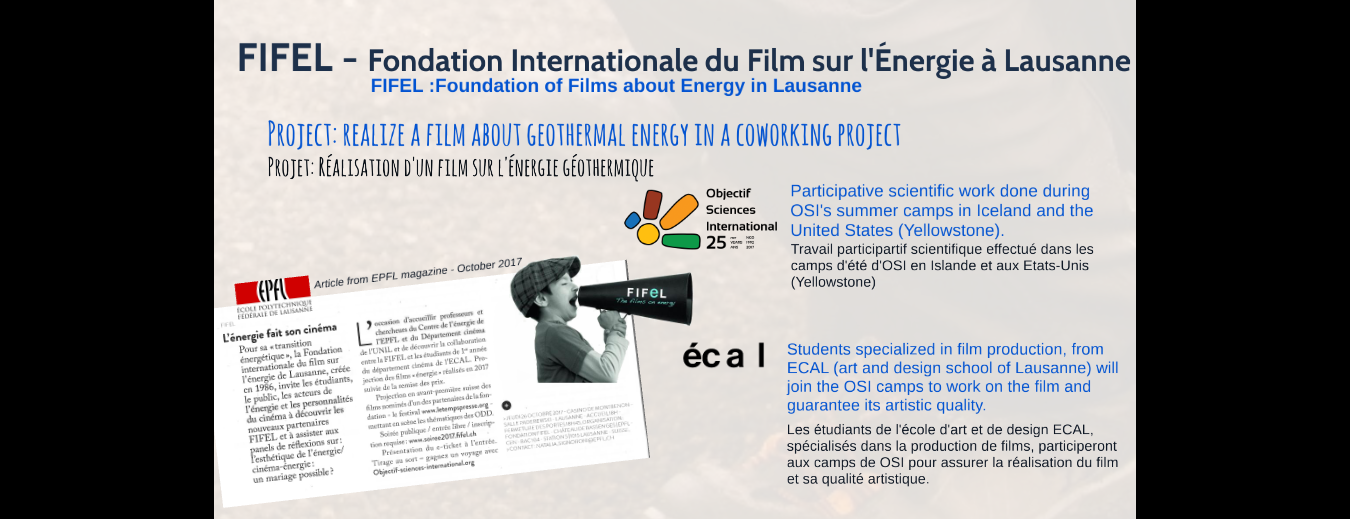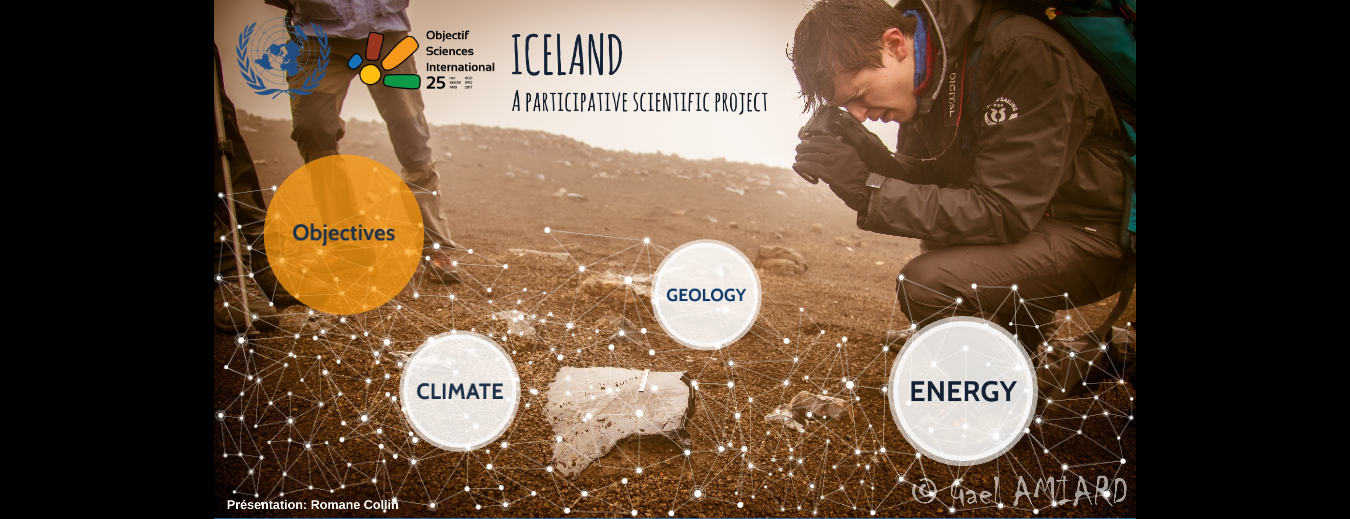Accueil > Rapports > ISLANDE - Un projet de recherche participative
Each year since 2011, an expedition is led by Objectif Sciences International (OSI) in the south of Iceland, and the goal is basically to accomplish scientific journalism.
This expedition addresses three main topics : climate, geology and energy that are linked in many ways : for instance, climate and geology are closely interrelated, with the issues around glaciers. And energy in Iceland depends on its geology, through geothermal energy.
At the start, there is the observation and the understanding of the phenomenon or Or Métal précieux. Dans le cadre du séjour Le TrésOR des MINES nous chercherons de l’or dans le Val d’Anniviers, à la batée. research that we want to work on, and then of course we go on the spot, take pictures and videos, collect datas, organize interviews with local scientists, meet them so that they directly answer our questions. After that, when the subject is mastered well enough, what remains to be done is to produce a short movie to introduce our scientific subject to the general audience. Actually, it’s scientific popularization.
Iceland Lab’ short movies made by participants for scientific popularization
To start with the climate issue, firstly you can see on this slide an example of a video that has been done two years ago, about how a glacier can be used as an indicator of global warming.
In fact, the camp focuses on two indicators : the glaciers retreat and the temperature rise.
To measure the glaciers retreat, we focused on one glacier tongue, in Skaftafell. We followed instructions for the picture frame, GPS coordinates etc in order to take the same photography from the exact same location each year, so that we can compare the results. Here are those results : we can easily see the evolution of Skaftafell for the nine last years.
To give you an example of how we can exploit these data, look on this montage to directly see the magnitude of the retreat, and then it would be easy to calculate its velocity if we pay attention to the scale and the dates when the pictures have been taken.
Moving on to the issue of temperature rise, we can say that collecting measures is still a challenge today, since the equipment has to be left on the spot for a year before looking at any result. The extreme climatic conditions, the theft of equipment and its optimal location are parameters we should take into account and especially anticipate : this is why for now, we have no relevant measures.
If we turn to the second main topic, geology, we can say that Iceland has a really
unique location so that we can observe many tectonic events there. You can see on the slide few videos for scientific popularization that have been realized, such as how works a geyser, hot spring, or
Or
Métal précieux. Dans le cadre du séjour Le TrésOR des MINES nous chercherons de l’or dans le Val d’Anniviers, à la batée.
the impact of volcanism / glaciers on living conditions.
And finally, energy and more precisely geothermal energy. In fact, 90% of Icelandic households are heated with geothermal energy, a figure that places the country as one of the major actors concerning renewable energy. Here again you can see the titles of videos we made this summer.
The reason why we focused on energy this year is that OSI is producing a film in a co-working project, with two partners : FIFEL, which is the International Fondation for Films on Energy , Lausanne. Hence, the interviews and the work that we
started last summer were just the early stages of an ambitious international project.
In conclusion, this camp was a real journalistic expedition whose value comes from the interconnections made between the different scientific fields : It allows anyone to be involved in a participative project, and this is definitively the best way to sensitize youth for climate change and to raise awareness on the challenges to overcome in order to achieve the energetic transition.
Oral presentation by Romane Collin, December 2017.
Presented at the Geneva Forum in the UN.



